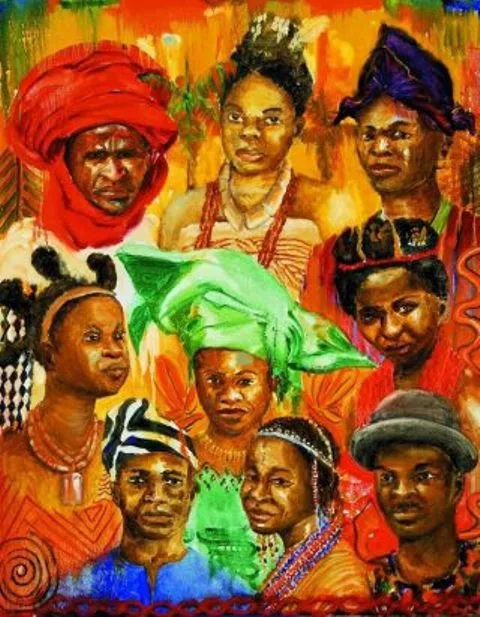Specialized Agencies of the United Nations (UN)
Specialized agencies are bodies with special responsibilities to enable the United Nations to realize its objectives. The activities of these specialized agencies are coordinated by the Economic and Social Council (ECOSOC).

Such agencies include the World Health Organization (WHO), United Nations Children’s Fund (UNICEF), Food and Agricultural Organization (FAO), International Labour Organization (ILO) and United Nations Educational, Scientific and Cultural Organization (UNESCO).
World Health Organization (WHO)
The WHO is an agency of the United Nations established in 1948 with headquarters in Geneva. It has the following objectives:
1. To report and help in controlling the outbreak of infectious diseases in the world.
2. To formulate policies to eradicate epidemics and other diseases.
3. To check the manufacturing and distribution of harmful drugs.
4. To advise countries on how they can improve their health services.
5. To provide adequate training facilities for medical personnel and generally improve the standard of teaching and training.
6. To assist in the sending of medical personnel to needy countries.
7. To prepare international health statistics for the UN and coordinate its health policies.
8. To improve sanitation, housing, nutrition, recreation and working conditions.
Food and Agricultural Organization (FAO)
The FAO was established in 1953 with its headquarters in Rome. Its aims are:
1. To conserve natural resources.
2. To provide new and more effective systems of agricultural production.
3. To provide credit facilities for agricultural production.
4. To improve the quality of production and distribution of agricultural products to the different parts of the world.
5. To seek to reduce hunger in the world and as much as possible assist in making food available to all.
International Labour Organization (ILO)
The organization was established in 1919, to:
1. Regulate the conditions of workers in the world.
2. Get employers, workers and government representatives together for informed deliberations and informed decisions.
3. Ensure full employment.
4. Provide social security for workers.
5. Provide labour standards through researches on manpower and vocational training.
6. Improve the mobility of workers.
United Nations Educational, Scientific and Cultural Organization (UNESCO)
1. The UNESCO promotes cooperation in the fields of science, education and culture among members of the United Nations.
2. It advocates equal rights especially concerning educational opportunities.
3. It carries out exchange programmes in research and education.
United Nations Children’s Fund (UNICEF)
The UNICEF was established in 1946 to provide medicine, food, and clothing to destitute children in areas where there was warfare. It now operates all over the world in areas of conflict to help children.
It also works worldwide to eliminate epidemics and malnutrition among children and encourage mass literacy among children and youths.
